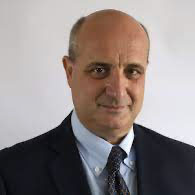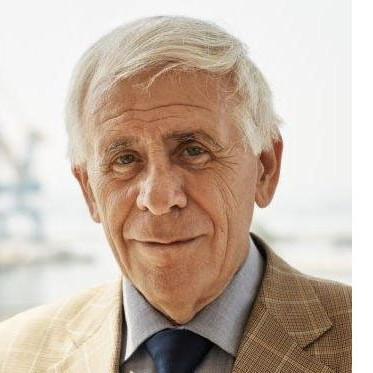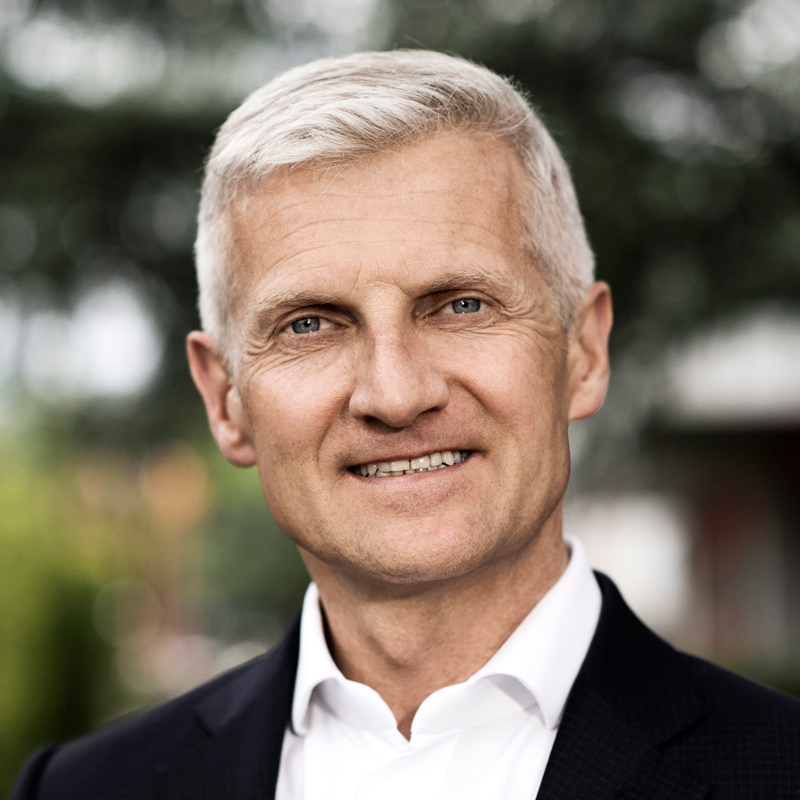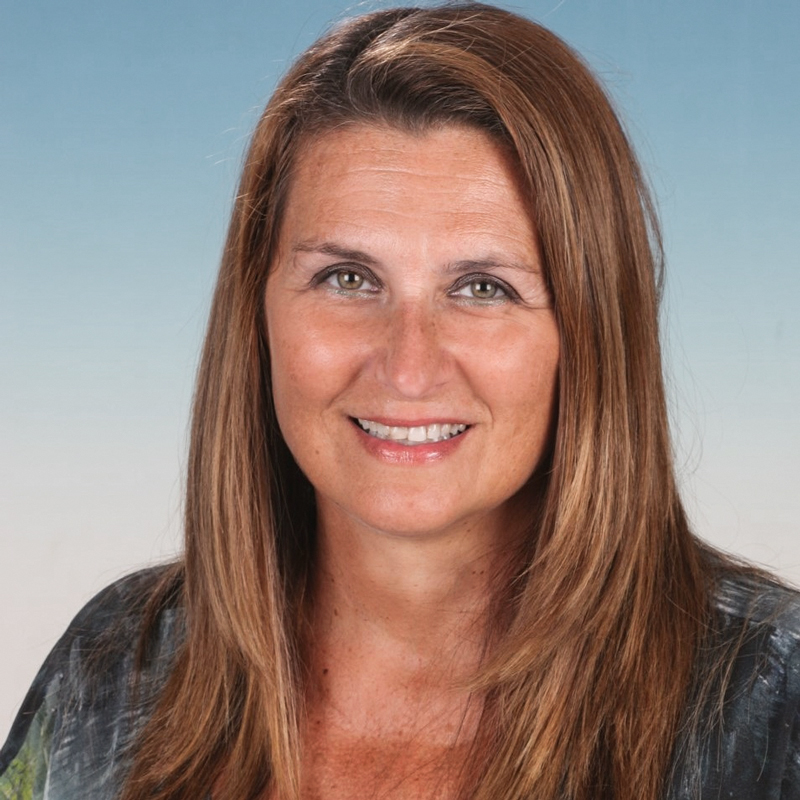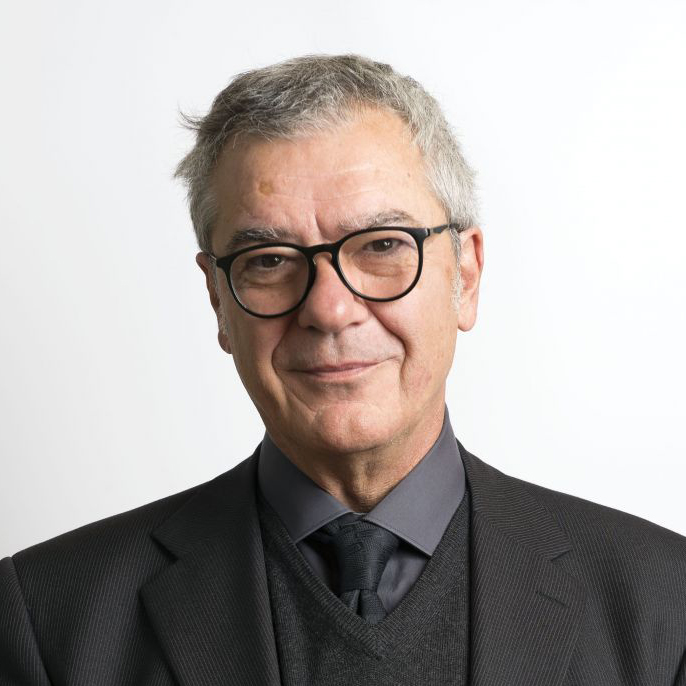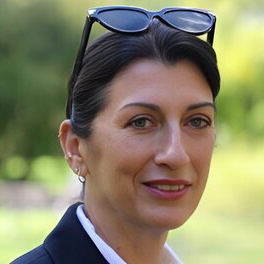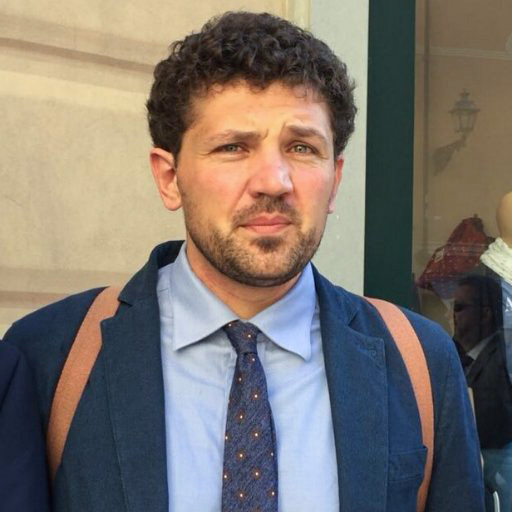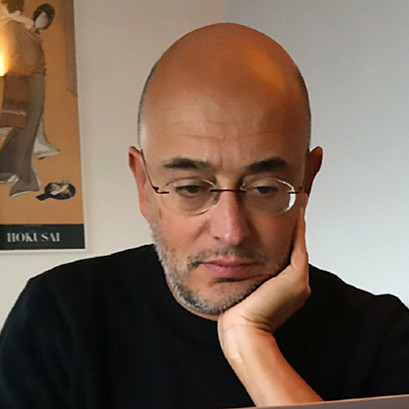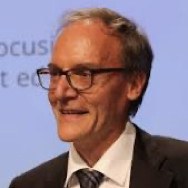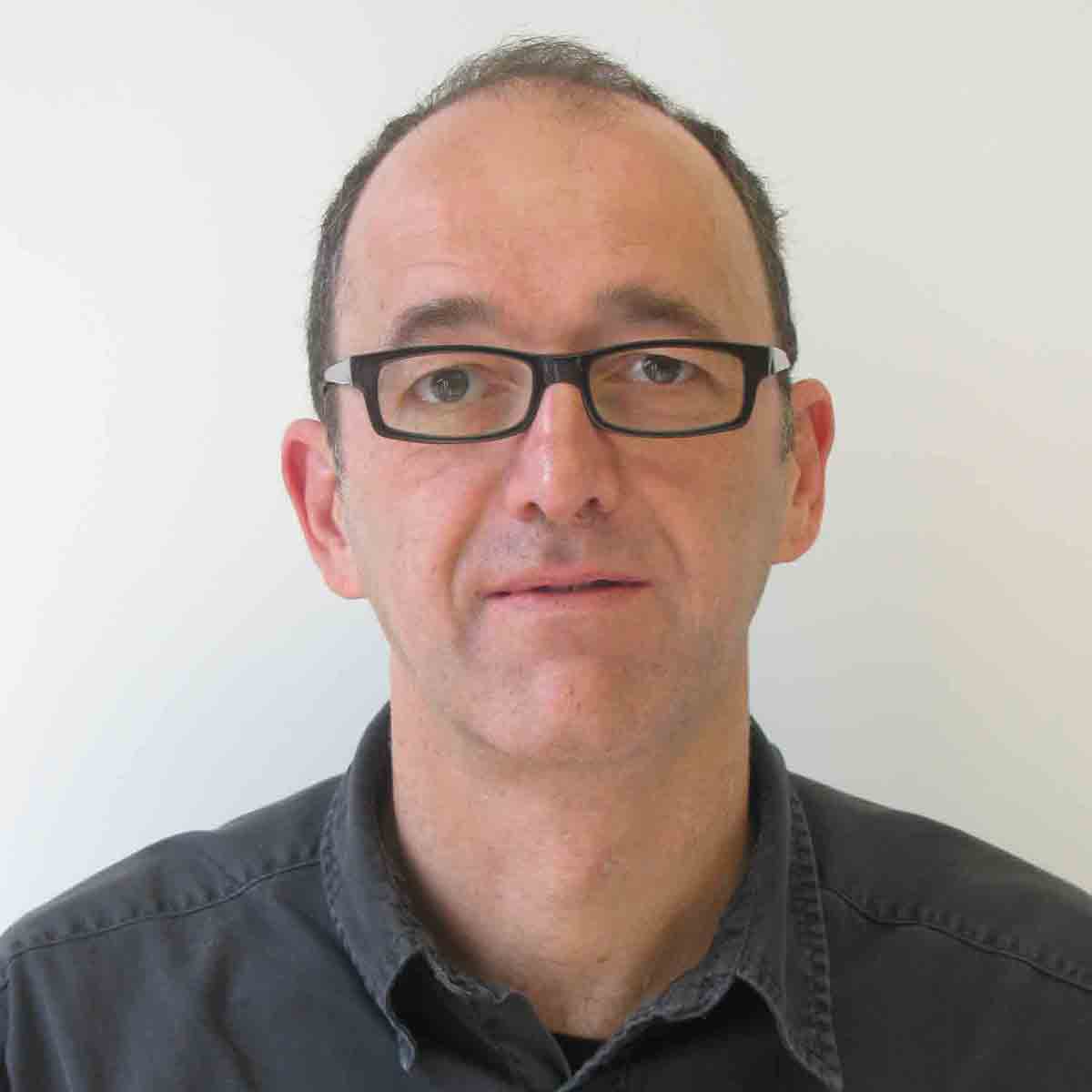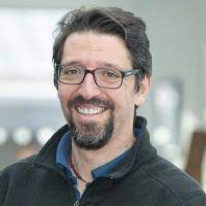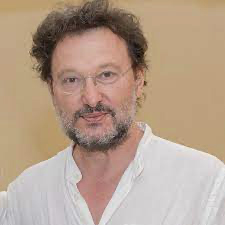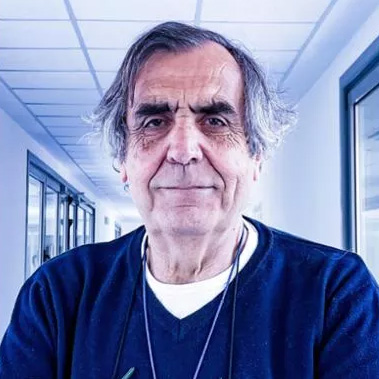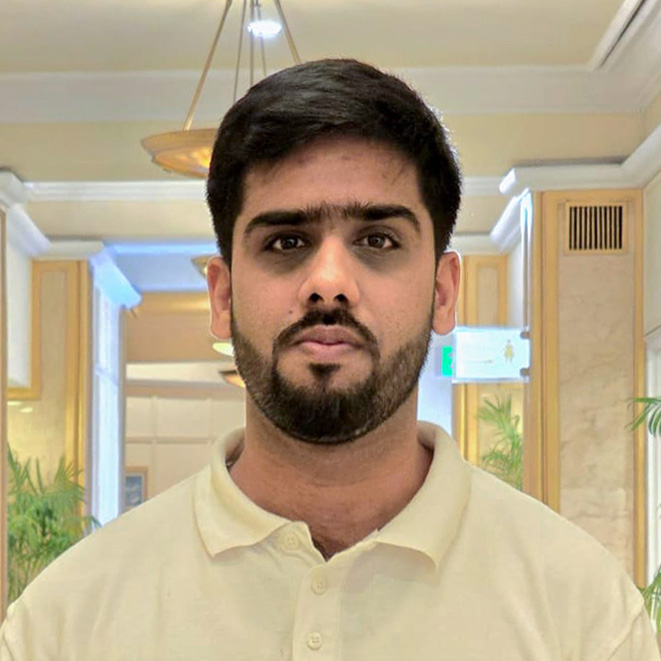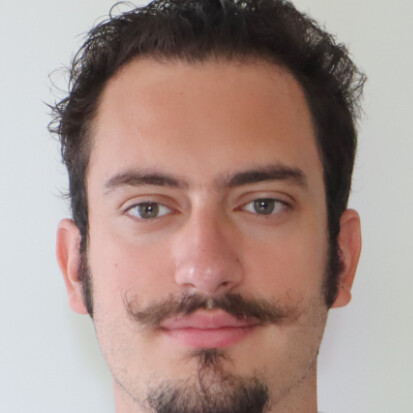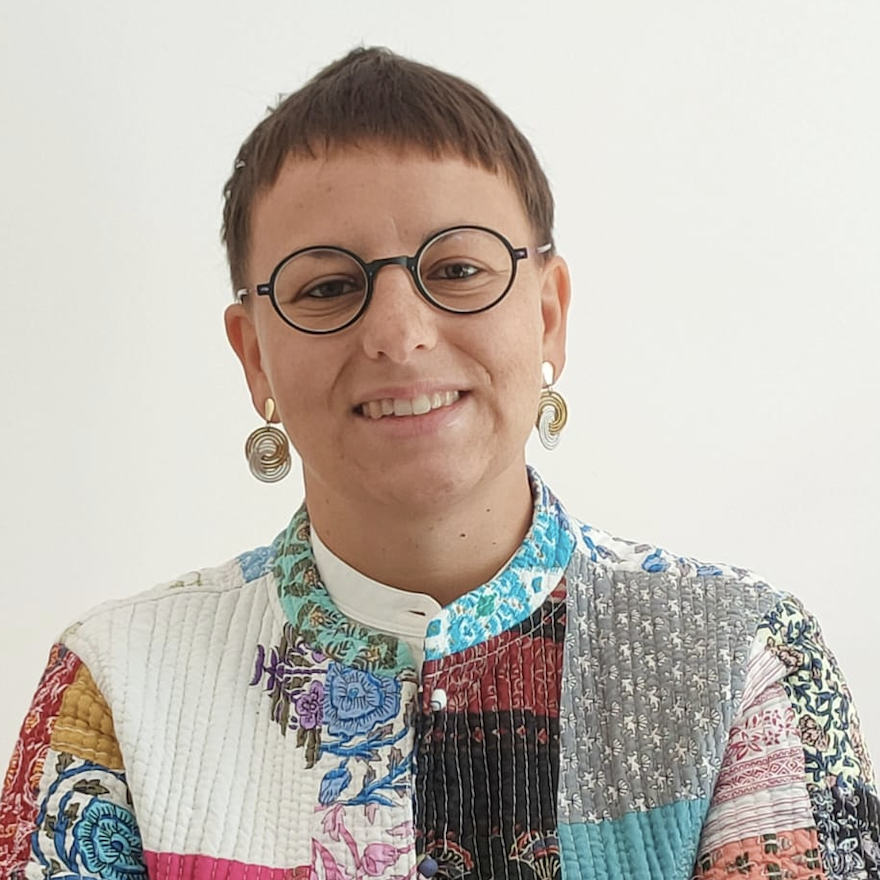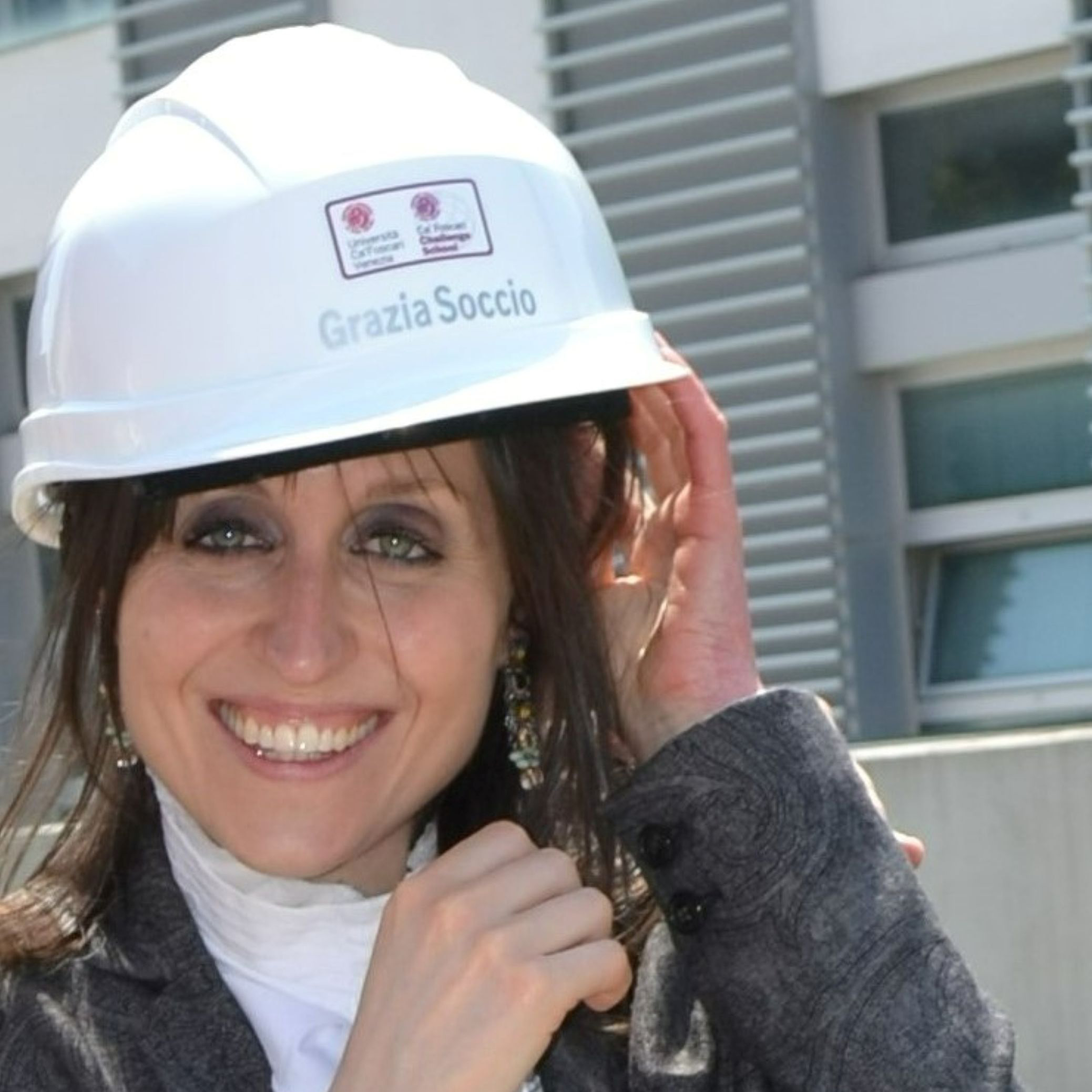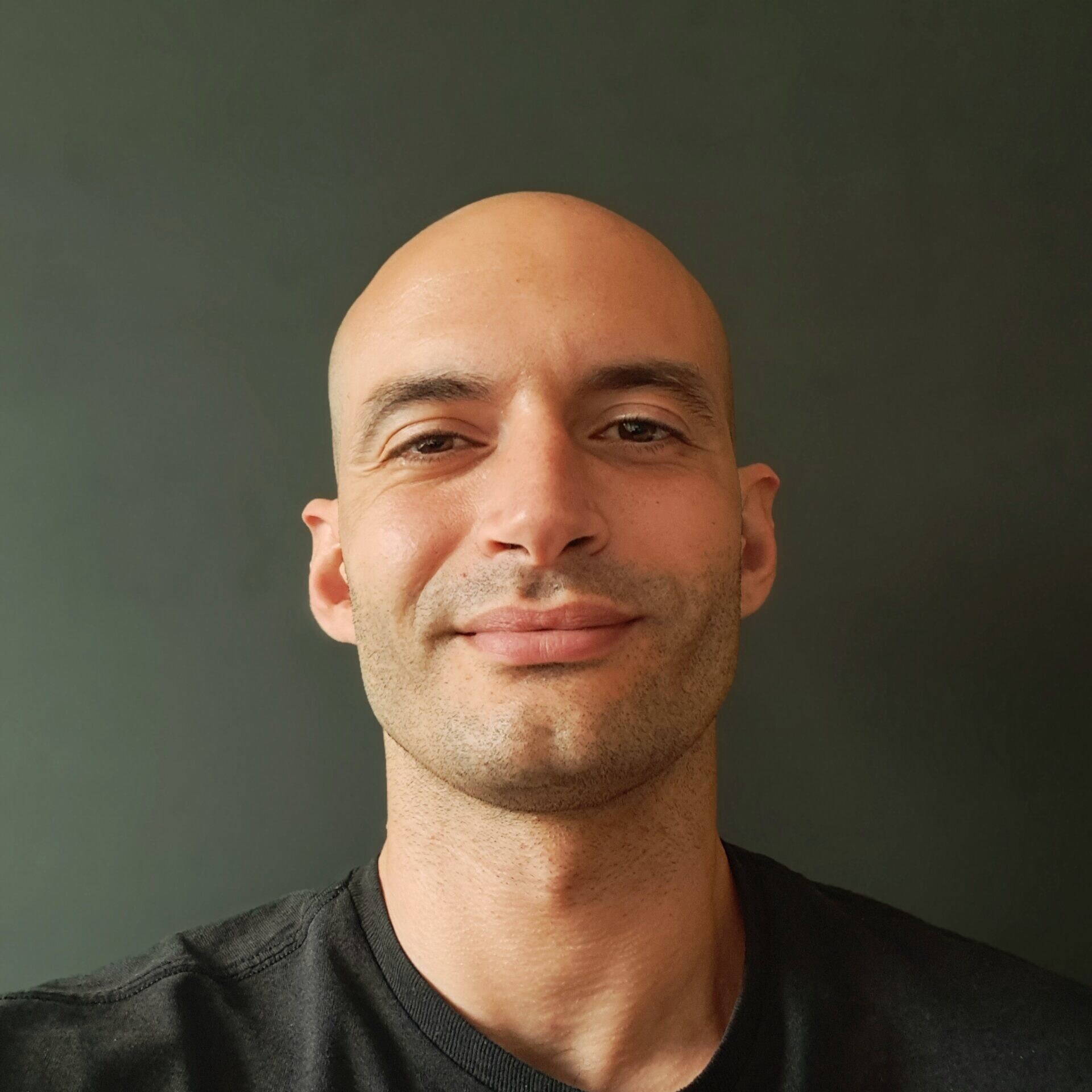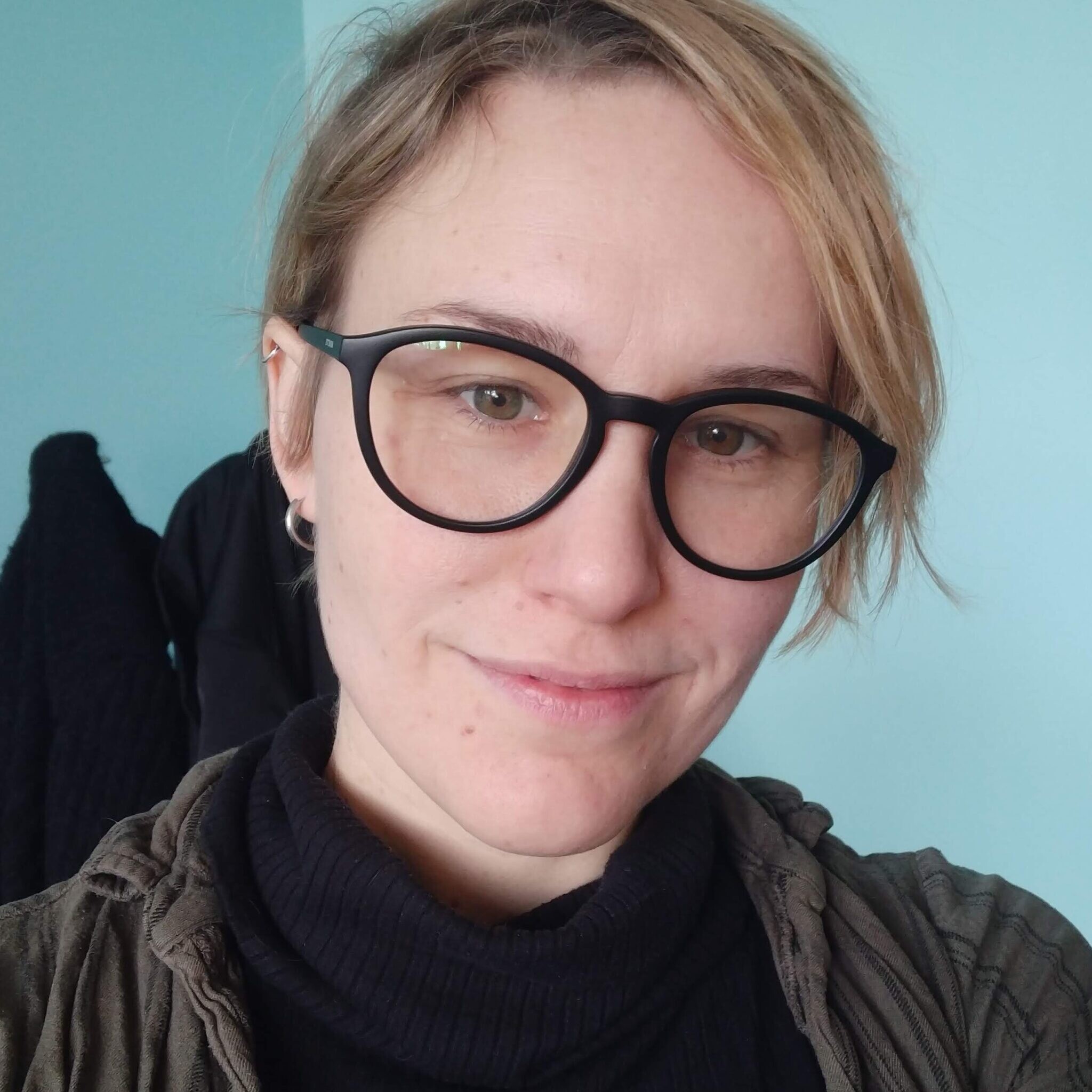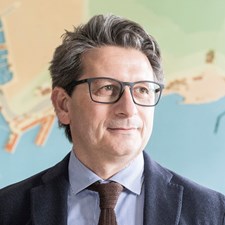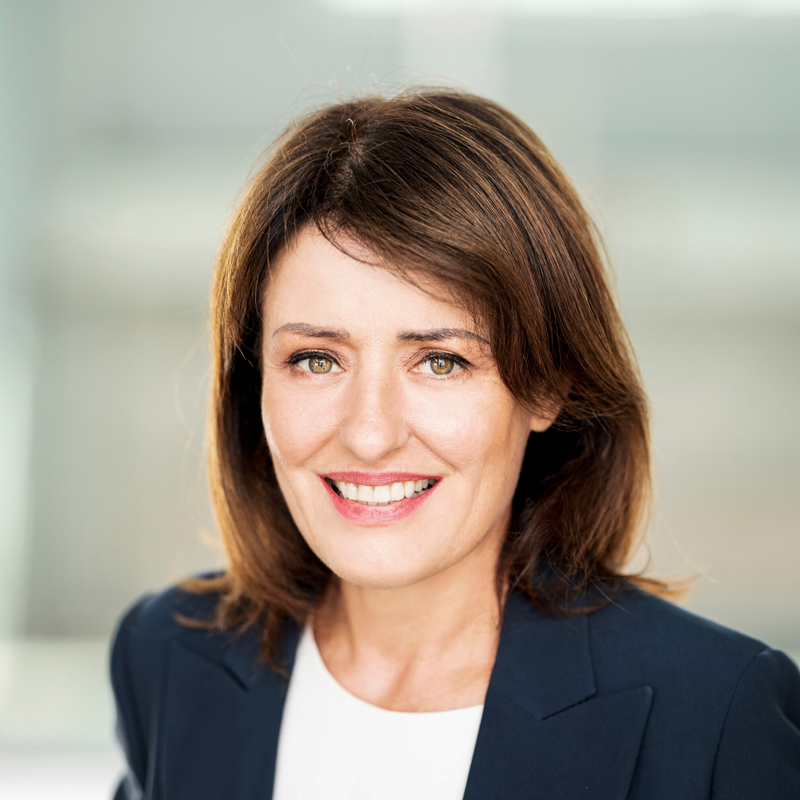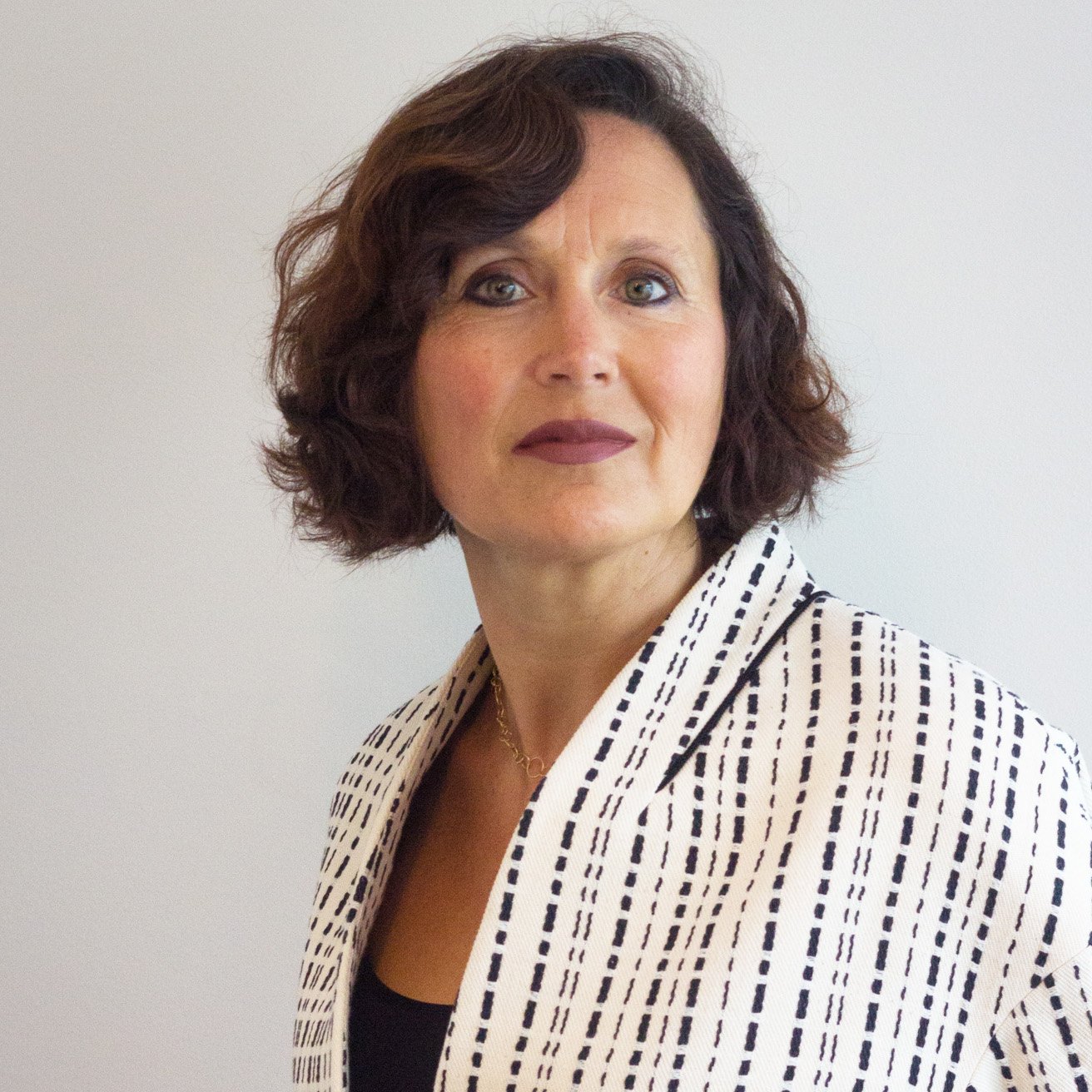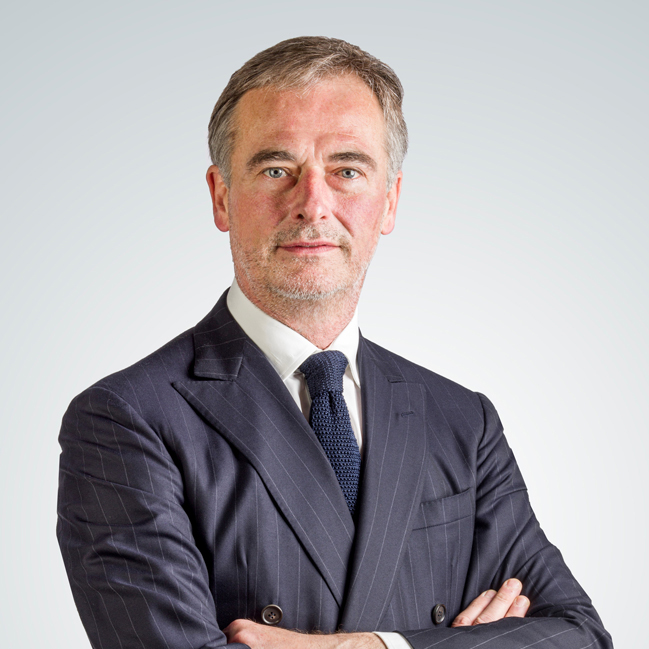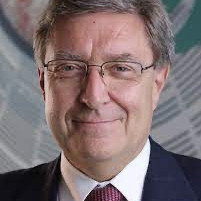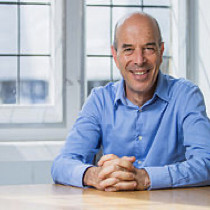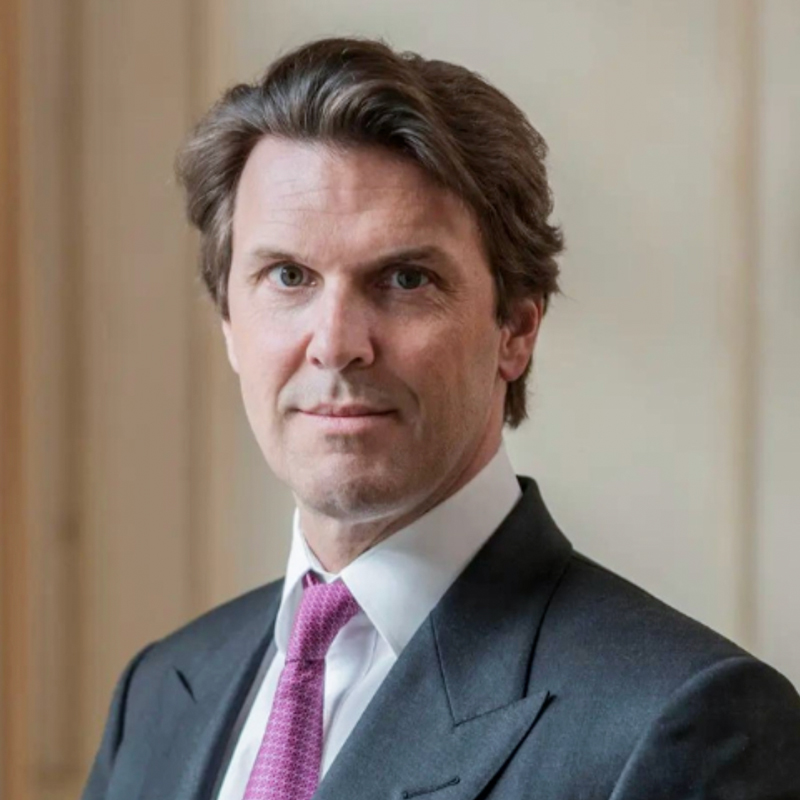STRUCTURE AND ORGANIZATION
The Laboratory on Quantitative Sustainability (TLQS) was founded in 2022 with the establishment of the following structures: Executive Committee; Scientific Council; International Advisory Committee; Project Manager.
EXECUTIVE COMMITTEE
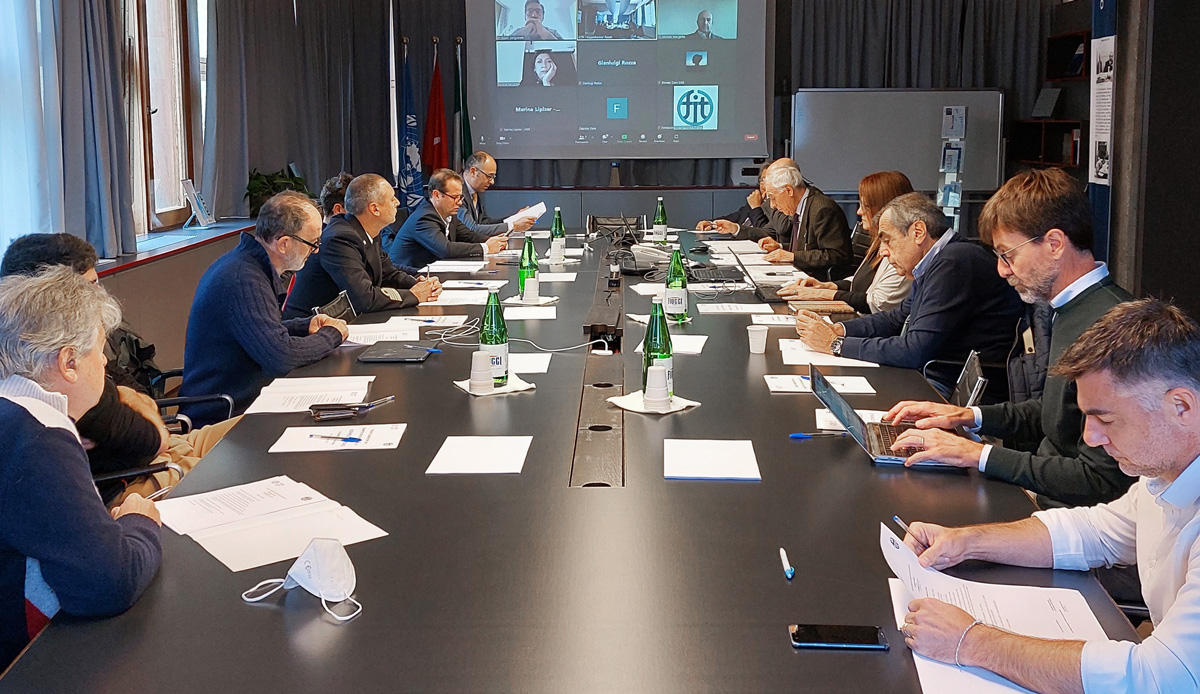
The Executive Committee is responsible for the overall organization of the Laboratory and for institutional relations with the Ministry of University and Research, the Friuli Venezia Giulia Region, and other governmental, intergovernmental, and non-governmental institutions with which relationships and collaborations have been established.
The scientific activities of the Laboratory are organized into seven main themes:
- Study of the Blue Planet for the sustainability of the marine economy;
- Food and biodiversity for the health of the planet and its inhabitants;
- Climate change and environment;
- Energy transition and industrial processes;
- New data science in service of sustainability and human ecology;
- Protection of terrestrial habitats with space-based tools. Prevention of extreme Space Weather conditions;
- Sustainability and social sciences, the right to sustainability, attention to diversity and inclusion, and the relationship between sustainability and social equity.
The right to sustainability, attention to diversity and inclusion, as well as the analysis of how sustainable sustainability itself is for a just society—topics covered under the seventh theme—are, together with the ethical values of research and the communication strategy, cross-cutting themes throughout all activities.
Research activities are carried out by Research Groups characterized not only by the themes and issues addressed but also by a high degree of interdisciplinarity, aimed at solving real problems that require expertise from different disciplines. This work does not overlap with academic research, which is mostly disciplinary, nor with applied research, which addresses very short-term needs and objectives, but is intended as a useful complement to the existing scientific system. In fact, the research groups collaborate with universities, various scientific institutions, and production centers in the region that are interested in sustainable innovation.
SCIENTIFIC COUNCIL
The coordination of the Laboratory’s research activities is the responsibility of the Scientific Council, which includes the coordinators of the Research Groups. This management also covers the annual planning of workshops and conferences, invitations to foreign experts, and the evaluation of the results achieved by the various groups.
The Scientific Council is composed of academics and researchers from the Universities of Trieste and Udine, the International Centre for Theoretical Physics (ICTP), the Italian Liver Foundation (FIF), OGS, and the International School for Advanced Studies (SISSA).
CO-COORDINATORS OF THE RESEARCH GROUPS
D. Canu, G. Chiarotti, E. Coppola, J. Grilli, M. Infantino, S.L. Ivanovski, S. Libralato, V. Lughi, N. Pellegrini, G. Rozza, F. Terribile, G. Tell
RESEARCH TEAM
INTERNATIONAL ADVISORY COMMITTEE
The International Advisory Committee, which is responsible for providing guidance, is composed of prominent representatives from institutional, entrepreneurial, and associative sectors, including: the President of Illycaffè, the President of the Port System Authority of the Eastern Adriatic Sea, the Vice President of the National Confindustria with the environment portfolio, the Co-President of the Club of Rome, the Scientific Director of ASviS (Italian Alliance for Sustainable Development), a professor of Globalization and Development at the University of Oxford, and Presidents of banks and corporate groups such as ERG.
COLLABORATIONS
Important institutional collaborations have also been formalized in the region, with the Universities of Trieste and Udine, the International School for Advanced Studies (SISSA), the Italian Liver Foundation, and the Venice Foundation for the World Capital of Sustainability.
